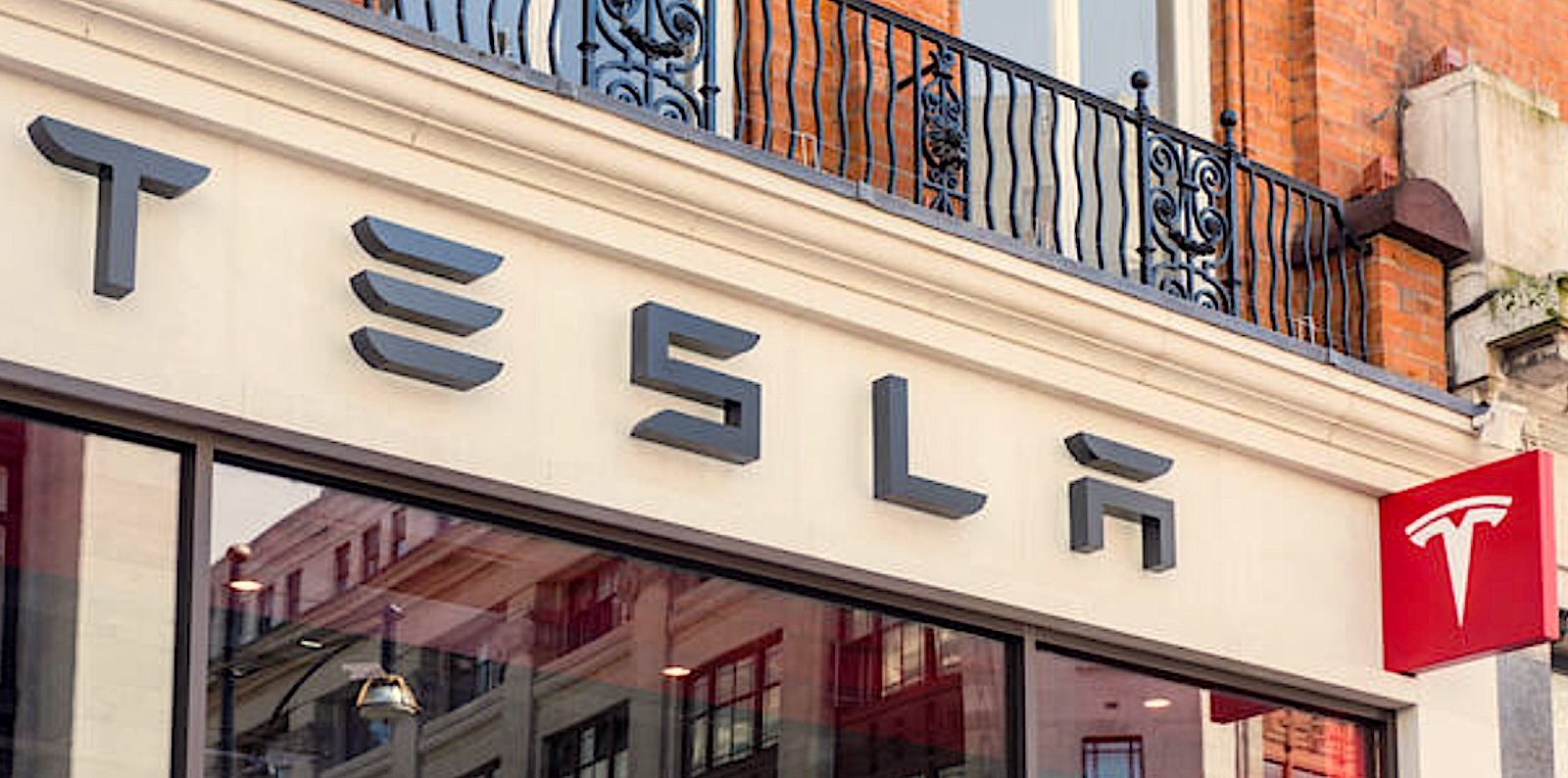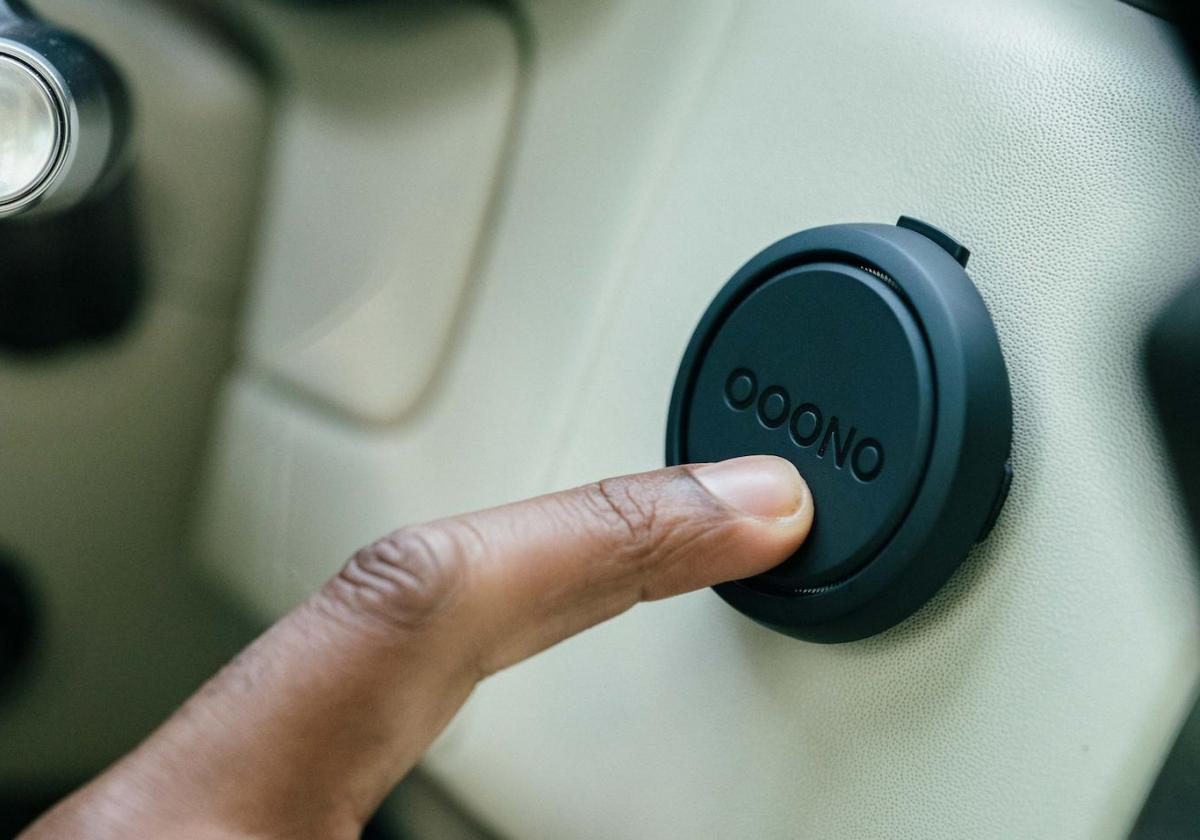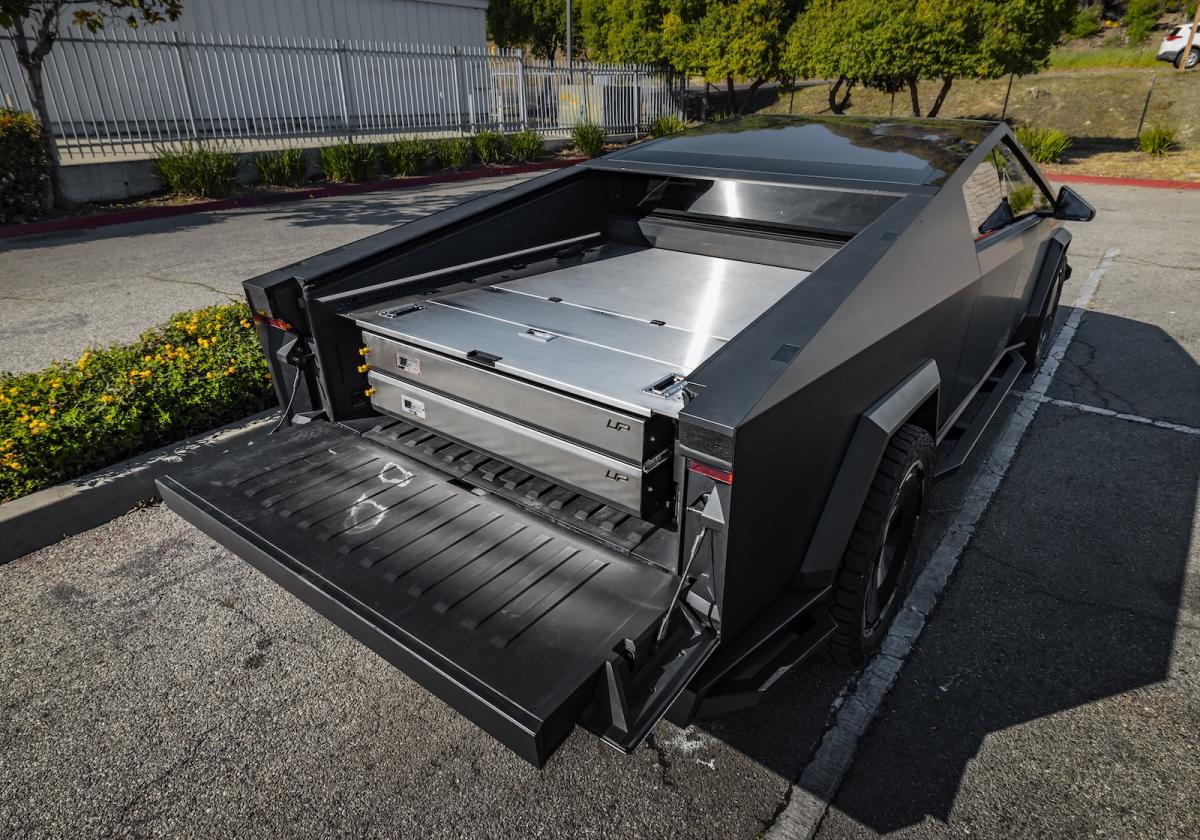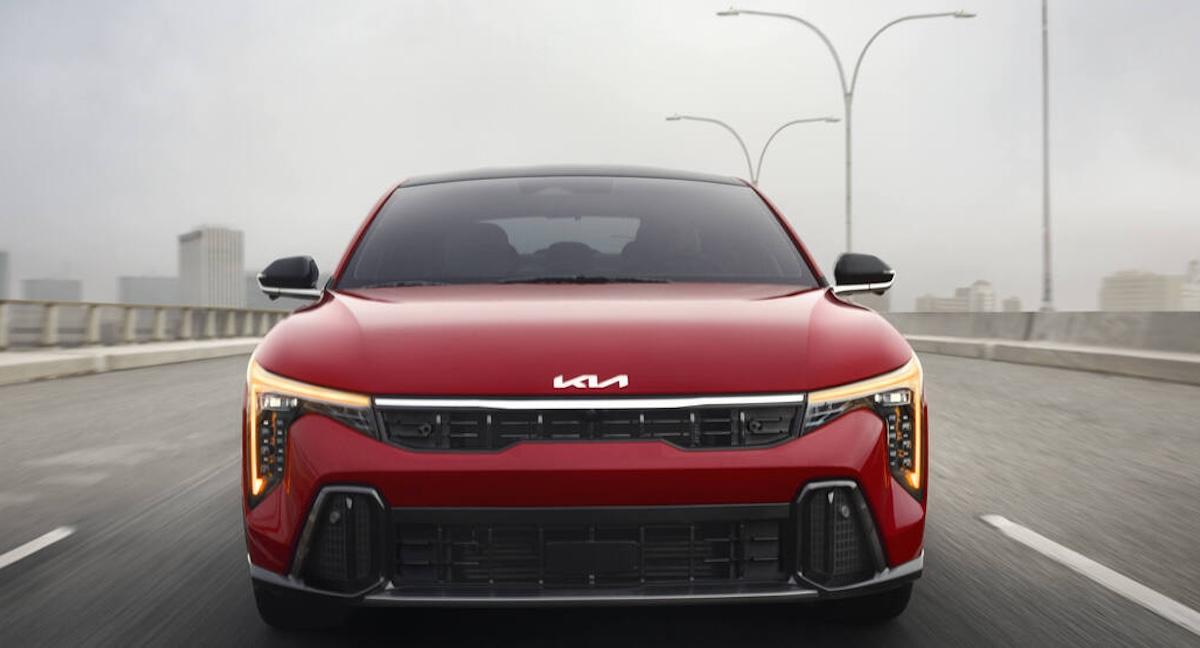- In 2023, Tesla will start selling its EVs in Malaysia to tap into the burgeoning demand for fully electric cars
- Malaysia wants to create an EV ecosystem and has offered incentives to boost adoption of the technology
- The country’s target for EVs and hybrids is 15 percent of total industry volume by 2030
Tesla is by far the biggest electric vehicle (EV) producer in the U.S., accounting for over 65% of all EVs sold in North America last year. And that’s even when you consider that the EV pioneer fell from a 72% share in 2021.
From mid-2022, Tesla consolidated its position in the eastern Asia area by launching its Model 3 and Model Y vehicles to wide acclaim in Japan, supplying cars made at the brand’s huge Shanghai Gigafactory in eastern China.
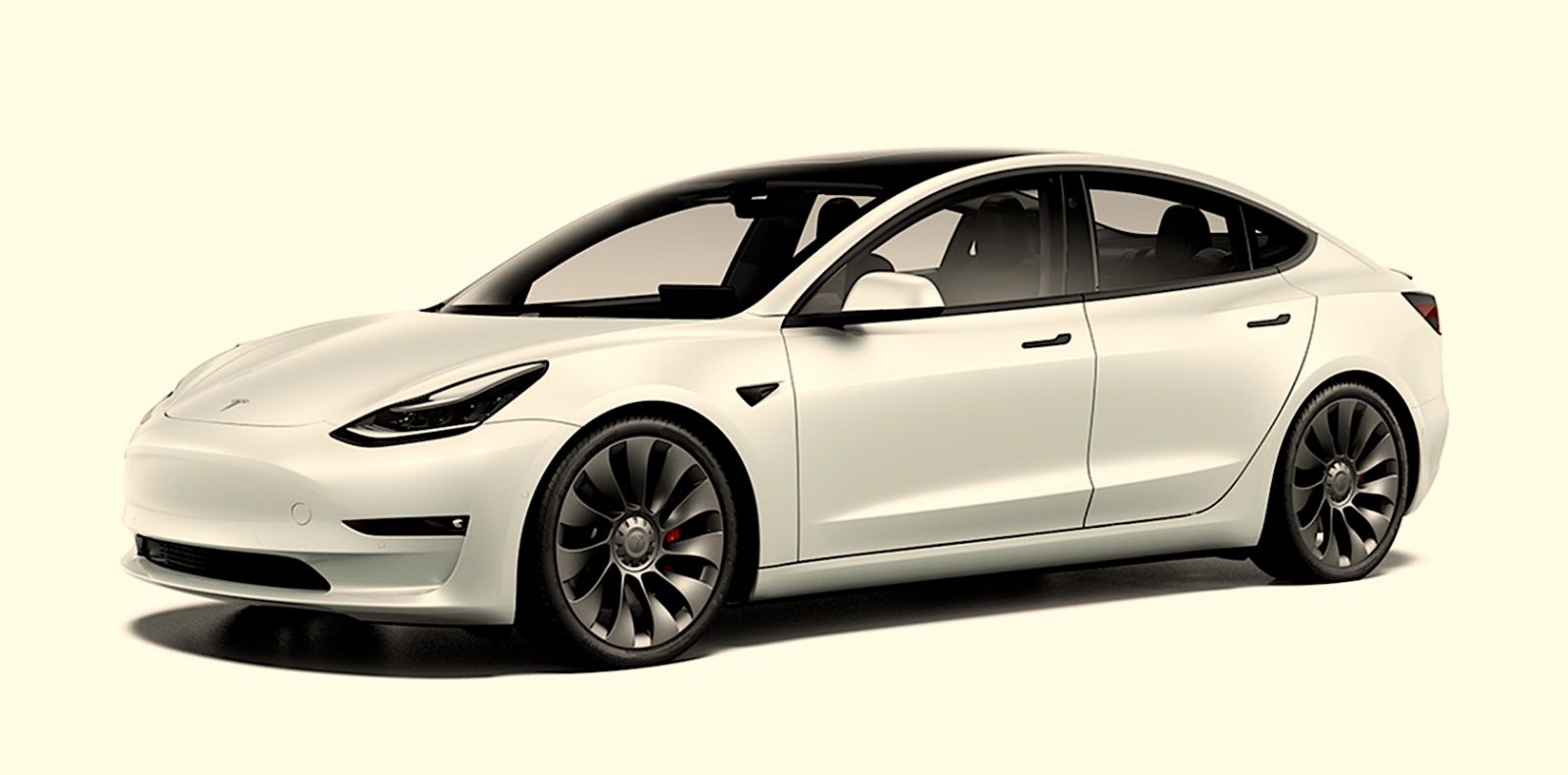
Now, in 2023, Tesla will start selling its EVs in Malaysia to tap into the burgeoning demand for fully electric cars in the South-East Asian region.
By entering the Malaysian market, Tesla would be establishing a head office, while introducing experience and service centers across the country, not to mention the brand’s signature Supercharger network.
Malaysia wants to create an EV ecosystem and has offered incentives to boost the adoption of the technology. The country’s target for EVs and hybrids is 15 percent of the total industry volume by 2030. Data and research company Fitch Solutions reported last month that it expects EV sales in Malaysia to expand by 82 percent in 2023, to around 5,840 units.
Tesla’s entry into Malaysia is expected to generate new, high-skilled employment opportunities with beefier salaries in the EV sector, while local companies are also expected to become more Tesla-friendly.
Government officials even voiced their support with Malaysian trade minister Tengku Datuk Seri Zafrul Aziz exclaiming that his country is pleased Tesla has decided to create a base there.
“We are pleased by Tesla’s decision to establish its presence in the EV ecosystem in Malaysia. This demonstrates Tesla’s confidence in our economic fundamentals,” the Minister said.
Tesla’s incentives, which include exemptions to import duties on completely assembled EVs, have lured automakers to Malaysia. In December, China’s BYD confirmed it would import its Atto 3 crossover as well as its extended-range version, while Mercedes-Benz last month introduced its first locally-made EV in Malaysia.
Southeast Asia is turning into a battleground for EVs as carmakers look beyond their own borders for further expansion, with BYD and Hyundai finalizing deals to take on Indonesia, the region’s largest economy.
EV sales are already showing signs of strong growth across the region. Annual EV sales in the six largest economies in the region cleared 51,000 units in 2022, compared with 16,000 in 2021. With the investment from the likes of Tesla, BYD, and the Hyundai Group over the next year, projected sales are expected to top 70,000 units.
The Malaysian government has facilitated Tesla’s entry into the country through its BEV (Battery Electric Vehicle) Global Leaders initiative, a plan that aims to boost demand for EVs in the domestic market while also promoting the growth of the entire ecosystem—including superchargers—to support the adoption of EVs.
OUR THOUGHTS
With at least three large EV makers—Tesla, BYD, and Hyundai—poised to enter the Malaysian market in quick succession, we can expect to see this Asian market transform rapidly into one of the most electrified in the region. The government’s incentives to boost adoption are one sure way to stimulate consumers to switch to electric.

